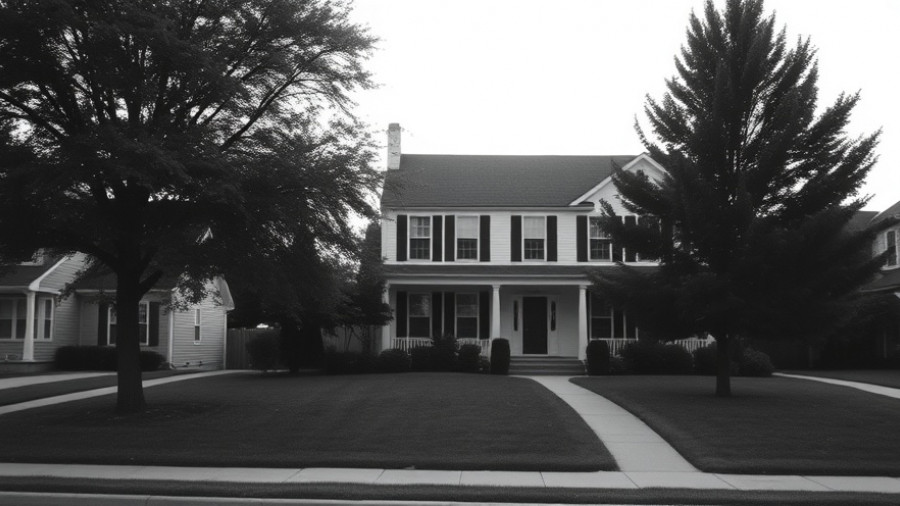
Deciding Between Renting and Selling: The Rising Trend of Accidental Landlords
As homeowners grapple with fluctuating real estate markets, a significant number are moving toward an unexpected solution: renting their properties instead of selling. This phenomenon has become increasingly common due to the recent downturn in home sales, which has been influenced by rising borrowing rates and affordability challenges for buyers.
The Current Market Landscape: Why Homeowners Choose Renting
According to Yahoo Finance, many homeowners are now labeled as “accidental landlords.” These are individuals who initially listed their homes for sale but, faced with insufficient offers, are opting for the rental market as a temporary solution. The shift towards renting can be seen as a strategy to hold onto property value until market conditions improve.
Business Insider reports that this trend is on the rise, illustrating how the current era of middling sales has given way to a new breed of reluctant rental owners. Homeowners who choose to rent can protect their investment while also potentially generating income.
Understanding the Responsibilities of Being a Landlord
However, becoming a landlord comes with a host of responsibilities that may be daunting for many. Homeowners should ask themselves: Are you ready to deal with midnight calls regarding plumbing issues or appliance repairs? The reality of rental property management involves far more than simply collecting rent. It requires time, resources, and sometimes even unexpected financial outlays on repairs and maintenance.
Redfin highlights the complexities involved, including the need for sufficient funds to tackle urgent repairs that may arise, which can quickly drain your savings. If maintaining your home from afar or managing tenant relationships feels overwhelming, selling might indeed be the wiser choice.
Evaluating the Financial Implications of Renting
Before making the leap into renting, it’s crucial to consider all associated costs. While receiving rental income may seem like a financial boon, homeowners should be aware of hidden expenses, such as increased premiums for landlord insurance, management fees for property management services, and the financial gap during tenant transitions without rental income. Bankrate notes that all these factors can accumulate swiftly, leading to unexpected financial pressures.
Thus, conducting an extensive cost analysis can help homeowners make an informed decision. Understanding whether your property’s rental potential outweighs the expenses and responsibilities is key to achieving peace of mind.
Making the Right Choice for Your Future
Ultimately, deciding between renting and selling your home is a personal choice that should align with your long-term goals. If you have unwavering confidence in your property’s future value and are prepared for the responsibilities of being a landlord, renting might be a suitable temporary solution. However, if the idea of tackling landlord duties makes you uneasy, selling could provide the relief and financial fluidity you need.
As you weigh your options, remember that seeking guidance from a real estate professional can further illuminate the best path for your circumstances. Whether it’s advice on pricing, marketing your home for sale, or navigating the rental landscape, expert insights can be invaluable in this decision-making process.
Ready to dive deeper into your renting or selling options? Explore listings or consult a trusted real estate agent to navigate these important decisions with confidence.
 Add Row
Add Row  Add
Add 




Write A Comment